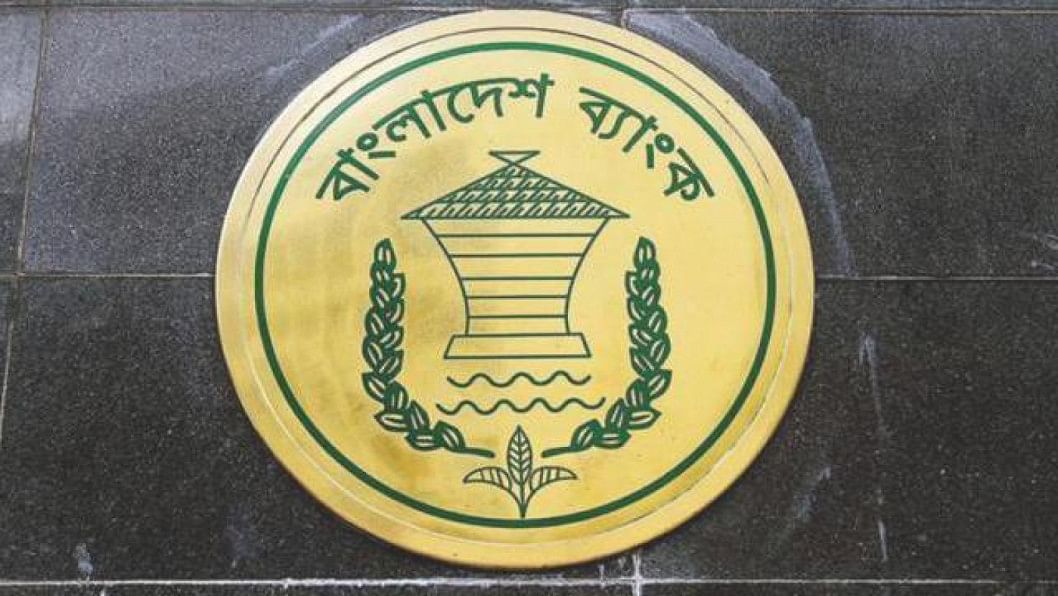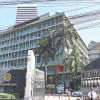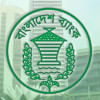BB hikes policy rate to tame inflation

Bangladesh Bank (BB) yesterday hiked the policy or repo rate, meaning that at which commercial banks borrow from the central bank, by 50 basis points to 9 percent to rein in inflation.
An increase in the policy rate is expected to lead to bank borrowing turning costlier, for which people will cut down on expenditures, thereby curtailing demand and subsequently bringing down inflation.
The central bank decided to raise the policy rate at a meeting of the monetary policy committee at the central bank headquarters yesterday.
The policy rate was last increased on May 8 by 50 basis points to 8.5 percent in line with the International Monetary Fund's (IMF) prescription as inflation had stayed over 9 percent since March last year.
Subsequently, consumer prices grew 11.66 percent in July, the highest at least since fiscal year 2010-11, reflecting the worsening situation of the purchasing capacity of people, according to the Bangladesh Bureau of Statistics (BBS).
The government had targeted to keep inflation within 7.5 percent last fiscal year. And it was the fifth year that inflation overshot the target.
To contain prices, the BB has been following a contractionary monetary policy and had increased the policy rate several times since May 2022.
"The previous policy rate of 8.5 percent was too low as inflation has reached almost 12 percent," said Ashikur Rahman, principal economist at the Policy Research Institute of Bangladesh (PRI).
The central bank remained committed to a contractionary monetary policy to tame the inflationary pressure, he said.
Moreover, Bangladesh Bank previously allowed commercial banks to borrow at 8.5 percent from the central bank and buy treasury bills promising a 12 percent return, said Rahman.
"This prolonged the liquidity crisis in the money market as funds were diverted from businesses to treasury bills," he said.
Consequently, this increment in the policy rate indicates that Bangladesh Bank is serious about tightening the money supply and containing inflation, he added.
Bangladesh Bank has also decided to stop giving liquidity support to commercial banks ailing for financial irregularities, which will also help restore governance in the financial sector and aid inflation management, said Rahman.
Monzur Hossain, research director of the Bangladesh Institute of Development Studies, thinks the policy rate hike was a conventional way of tightening money supply to contain inflation.
"Already policy rates have increased from about 5.5 percent to 9 percent in one year or so but we did not see any impact on inflation," he said.
"I understand that other measures, along with the policy rate hike, were not taken properly," he said.
Hossain said as the new Bangladesh Bank governor had hinted, the policy rate would be raised to up to 10 percent in the next two months. "Now we have to observe its impact," he said.
"At the same time, we need to be careful that agriculture and the micro, small and medium enterprise sectors are not affected by the interest increase," he said.
Also, it is necessary to review the channels through which the policy rate hike works. A policy rate hike of more than 10 percent is not desirable for the Bangladesh economy, said Hossain.
"So, we should not be heavily dependent on policy rate hikes only. An accommodative monetary policy with supportive fiscal policy is desirable to contain inflation," he said.
Echoing this, Prof Selim Raihan, executive director of the South Asian Network on Economic Modeling, thinks that the repo rate increase would partially help ease down inflation.
"There is a need for coordinated steps along with monetary and fiscal policies to rein in inflation," he said. Moreover, the Ministry of Commerce can play a key role in monitoring supply chains to bring down prices, he added.

 For all latest news, follow The Daily Star's Google News channel.
For all latest news, follow The Daily Star's Google News channel. 








Comments